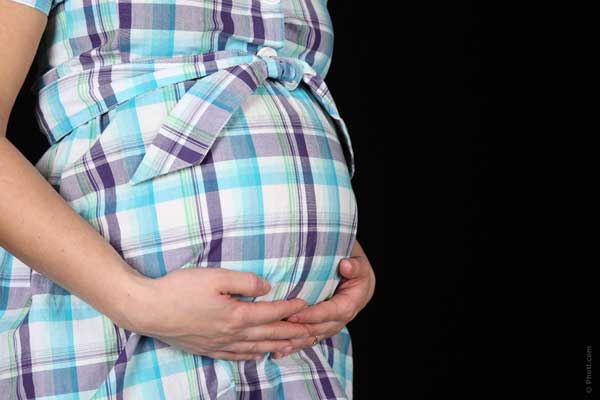Itching during Pregnancy Dangerous
Itching during pregnancy can be a sign that the health and even the life of an unborn child are threatened. Therefore, the woman should pay close attention to such skin disorder.

When Magdalen Rees experienced intense itching in the abdomen, the woman was in the 36th week of pregnancy. The Englishwoman recalls that it seemed like she was itching deep under the skin. At first, the itching could be still endured, but then it became very intense and impossible to appease no matter what she did.
The midwife advised the woman to use humidifiers, thinking that the cause for itching was skin stretching characteristic of pregnancy. Most of these cases do not pose any danger, as itching during pregnancy is most often caused by excessive rush of blood or skin tension. But Magdalen’s disorder was not relieved, although the woman tried every possible means to combat it.
After three weeks, her water broke. The midwife listened to the rhythm of the fetal heart and ran for the doctor. It turned out that the baby showed no signs of life. An expected healthy boy was stillborn, causing profound psychological suffering in the parents. Eleven months later, Magdalen gave birth to a healthy baby girl, and three years later she became pregnant again and faced with the same itch.
This time, the woman did not run the risk and demanded a thorough check of her health. The cause of itching was a disease called intrahepatic cholestasis of pregnancy (ICP), the most common form of liver disease in pregnant women. One of its symptoms is severe itching, which is not accompanied by a rash. ICP can begin to develop already in the 7th week, although most often the disease is observed at a later stage.
Apparently, the hormones secreted during pregnancy affect the liver’s ability to transport some chemicals, including bile acids, which are accumulated in the blood, stimulate nerves, and cause itching. Accumulation of toxic bile is very dangerous, especially for the heart of the future child. So it is best to start treating cholestasis of pregnancy as early as possible. One of the most effective drugs is ursodeoxycholic acid, which helped Magdalen give birth to a healthy baby girl.
Some scientists believe that ICP is responsible for every third case of stillbirths, the cause of which is officially unknown.
